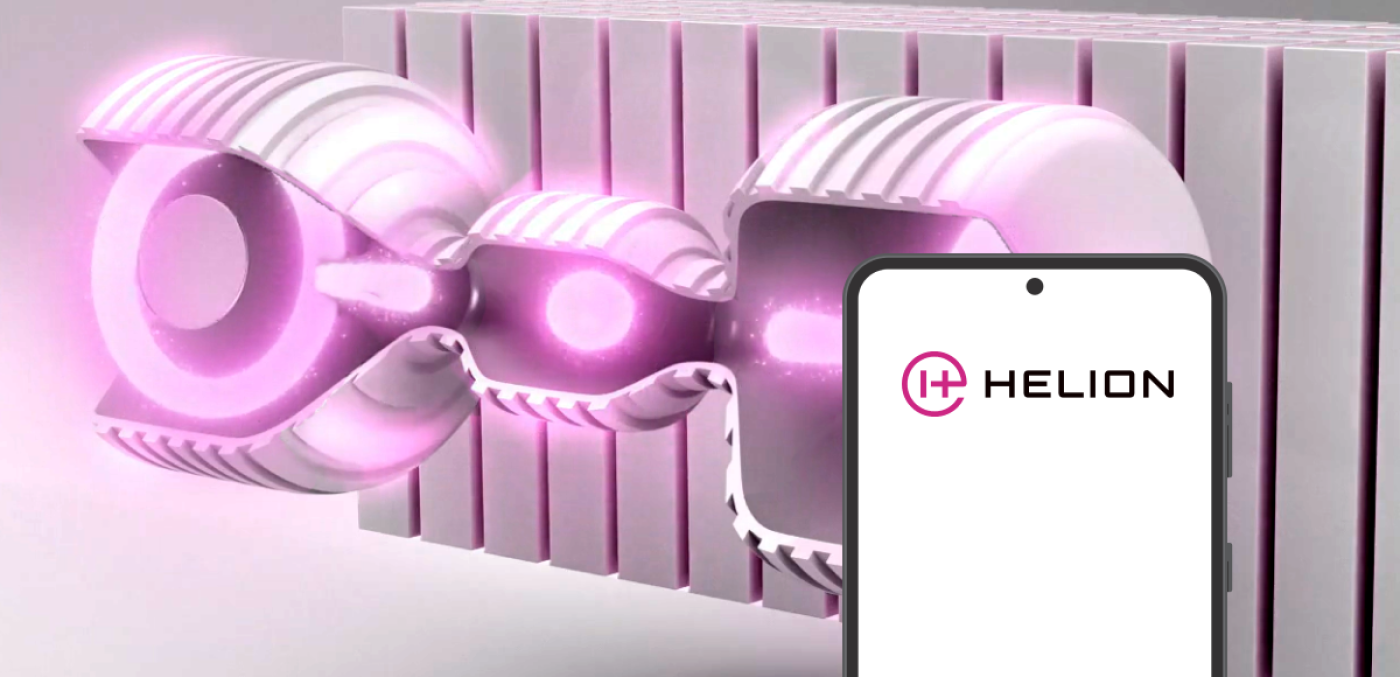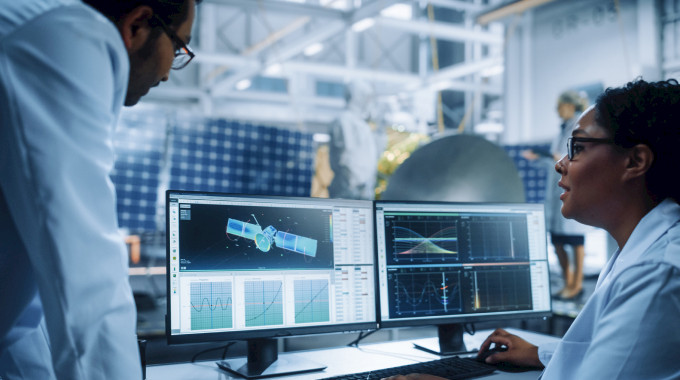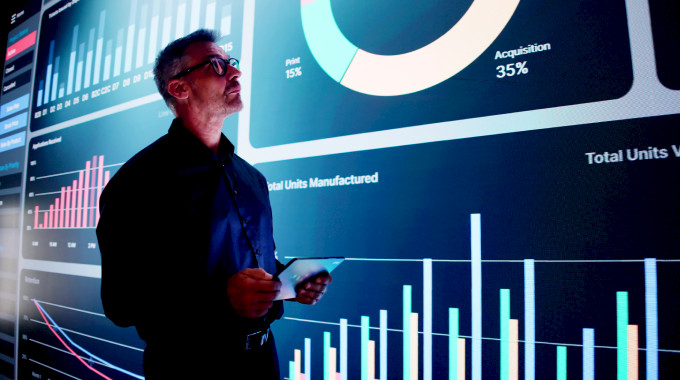Helion Energy signs up Microsoft as a customer of its fusion power plant
A company on the vanguard of producing a new form of electrical energy has secured a powerful customer that once transformed its industry.
Helion Energy announced last week that it has signed an agreement with Microsoft to provide the software giant with electricity produced by its first power plant fueled by nuclear fusion.
According to a Helion press release, the plant is expected to be online by 2028, a date that is “significantly sooner than typical projections for deployment of commercial fusion power.”
“This collaboration represents a significant milestone for Helion and the fusion industry as a whole,” said David Kirtley, CEO at Helion, in prepared remarks. “We are grateful for the support of a visionary company like Microsoft.”
While nuclear fission – a process created by the splitting of atoms – has been a commercially viable electrical energy source since the 1950s, scientists have long dreamed of the potential posed by nuclear fusion, which creates less radioactive material than fission and has a nearly unlimited fuel supply.
Everett, Wash.-based Helion has been advancing its fusion technology since its founding in 2013. The company’s last known valuation, as of November 2021, was $3.6 billion.
Bolt, a rival of Uber, expects to turn a profit within a year
With a valuation of roughly $8 billion, privately-held Bolt, the Estonia-based ride-hailing and food delivery startup, is dwarfed by its much larger publicly-traded competitor, Uber.
But there’s one performance measure that puts the two companies on similar footing: Neither is turning a profit, according to Reuters and reporting of Uber’s results.
That soon could be changing. In an interview with Reuters, Bolt CEO Markus Villig said the company expects to turn profitable in the next 12 months and be ready for an initial public offering in 2025.
Uber, which late last week had a market value of more than $78 billion, is also expecting to post operating income profitability this year, says Reuters.
Bolt, which also offers electric scooter rentals, car-sharing and grocery delivery service, currently has a focus on Africa from where it gets 50 million of its 150 million customers. Its $8 billion valuation was tied to a funding round from January 2022.
Anthropic is seeking to create a chatbot with moral principles
As creators of artificial-intelligence chatbots seek to gain an edge over their competitors, startup Anthropic is at work on a system that is guided by morality.
Anthropic recently disclosed the set of value guidelines that has been used to train “Claude,” the company’s rival to OpenAI’s much-heralded ChatGPT.
The decision to create a chatbot with decent values comes amid concerns about biased and even morally questionable information being given to users of generative AI programs.
An article in Computerworld described how Anthropic, which was founded by former senior members of OpenAI, is training its Claude chatbot on “Constitutional AI,” a system that uses a set of principles to make judgments about outputs. According to the company, this will help Claude to “avoid toxic or discriminatory outputs” such as helping a human engage in illegal or unethical activities, according to a blog that Anthropic posted this week.





